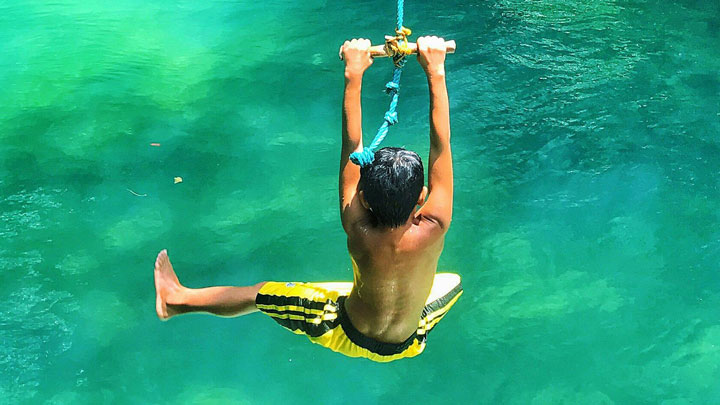Take the Parenting Style Quiz to uncover your natural parenting approach and its impact on your...
Read More
Understanding and Managing Homework Refusal in Kids
Explore the reasons behind homework refusal in children and find actionable solutions to help them develop responsibility and overcome resistance.



















